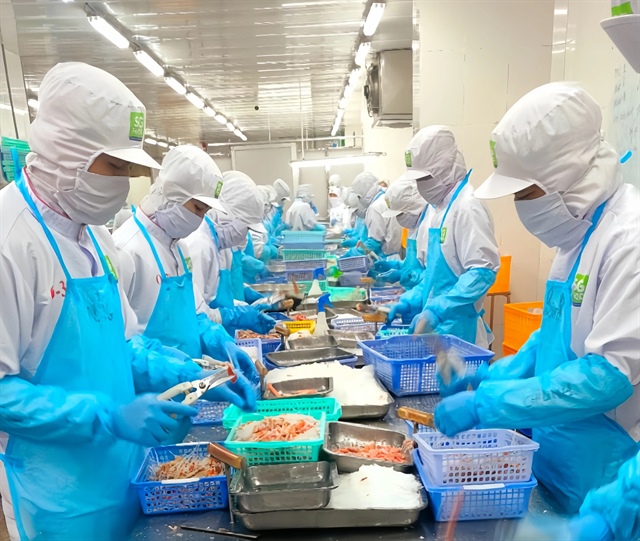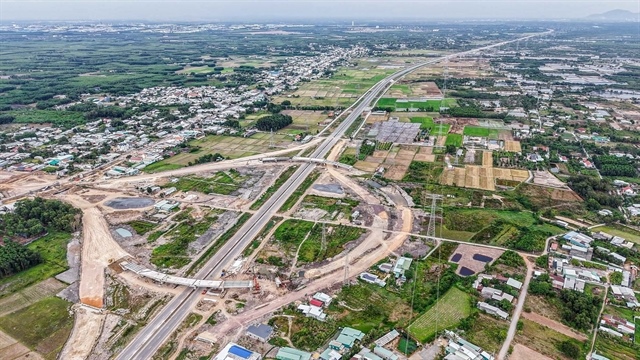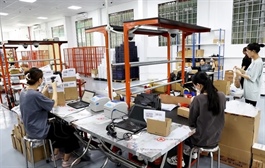Over half of Japanese companies in Vietnam eye business expansion
Over half of Japanese companies in Vietnam eye business expansion
More than half of Japanese-affiliated companies operating in Vietnam intend to expand their business within the next couple of years, according to a recent survey by the Japan External Trade Organization (JETRO).

Japanese investment in Vietnam has been on the rise through both direct investments and M&A deals. In this photo, workers are processing food items at Vietnamese seafood processor Saigon Food, which was acquired by Japan’s Maruha Nichiro Corporation in January 2021. Photo: K.D. |
The survey on the business conditions of Japanese companies operating overseas in the fiscal year 2024 found that the percentage of the firms anticipating business expansion in Vietnam is 56.1 percent.
This figure keeps Vietnam among the leading ASEAN markets for Japanese investment, driven by strong export demand and a steadily recovering domestic economy.
The survey also revealed that 64.1 percent of Japanese-affiliated firms in Vietnam expect to be profitable in 2024.
Although this figure marks a 9.8-point drop from the previous year, it remains the highest level recorded in five years, dating back to the pre-COVID-19 pandemic in 2019.
Looking ahead to 2025, 50.4 percent of Japanese companies in Vietnam anticipate improved business conditions, while only 9.2 percent foresee a decline.
This year, 48.8 percent of Japanese firms expect better profits, representing a 16.8-point increase from 2023.
Manufacturing businesses attributed profit growth to rising export demand, while non-manufacturing firms highlighted a revival in domestic consumption.
The survey pointed out that 62.2 percent of Japanese companies plan to expand their sales operations in Vietnam, driven by growing export needs and stronger domestic purchasing power.
This reflects Vietnam's significance as a production hub and a vital consumer market for Japanese goods and services.
While average salaries in Vietnam are mid-range compared to ASEAN peers, the projected 5.4-percent wage hike for 2024 is among the region’s highest, highlighting growing competition for skilled labor, particularly those in non-manufacturing sectors where wage differences between countries are narrowing.
JETRO noted that this preliminary report focuses on three key areas, including profitability, business expansion plans, and wages.
A more comprehensive report, covering other key issues like supply chain shifts, competition, and trade, will be released in January 2025.



























